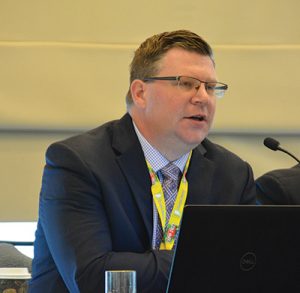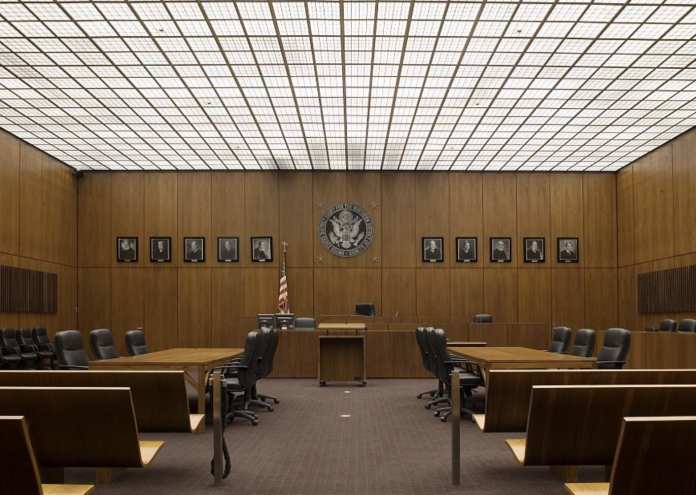Adult nightclubs were granted a rare reprieve when U.S. District Judge Lynn Adelman ruled that banning clubs from receiving SBA (Small Business Administration) loans and/or PPP (Paycheck Protection Program) relief was likely unconstitutional. After facing recent opposition from the Deja Vu clubs over this issue, courtesy of several First Amendment attorneys including Brad Shafer, Matt Hoffer, Jeff Olson and Jennifer Kinsley, Adelman granted a preliminary injunction blocking the SBA from applying this ban to the clubs’ applications.
But just last week, the Seventh Circuit Court of Appeals reversed that ruling. In a 15-page decision, a three-judge panel said Wednesday that the government’s exclusion of strip clubs likely does not violate free speech protections under the First Amendment, and it granted the SBA’s emergency request for a stay.
 “The problem with plaintiffs’ First Amendment claim and the preliminary injunction here is that Congress is not trying to regulate or suppress plaintiffs’ adult entertainment,” the panel said in a per curiam opinion. “It has simply chosen not to subsidize it. Such selective, categorical exclusions from a government subsidy do not offend the First Amendment.”
“The problem with plaintiffs’ First Amendment claim and the preliminary injunction here is that Congress is not trying to regulate or suppress plaintiffs’ adult entertainment,” the panel said in a per curiam opinion. “It has simply chosen not to subsidize it. Such selective, categorical exclusions from a government subsidy do not offend the First Amendment.”
(photo: Attorney Matt Hoffer discusses SBA/PPP information at EXPO 2021 in Miami)
Run by the SBA, the PPP was created last year to help small businesses weather the coronavirus pandemic with hundreds of billions of dollars in forgivable loans. But longstanding rules that bar SBA loans to businesses hosting “live performances of a prurient sexual nature” have led to legal challenges from strip clubs and other adult entertainment businesses that hoped to take advantage of the program, which closed to new applications earlier this year.
“The problem with plaintiffs’ First Amendment claim and the preliminary injunction here is that Congress is not trying to regulate or suppress plaintiffs’ adult entertainment. It has simply chosen not to subsidize it. Such selective, categorical exclusions from a government subsidy do not offend the First Amendment.” – 7th Circuit ruling
Last year, during the PPP’s first round, Adelman (of Wisconsin’s Eastern District) issued a preliminary injunction in one such case brought by several Wisconsin strip clubs, ruling that the ban didn’t necessarily extend to the PPP and would likely be unconstitutional anyway. However, the legislation that authorized the PPP’s second round more explicitly incorporated the ban, along with exclusions for banks, life insurers, private clubs and other types of businesses that have also traditionally been ineligible for SBA business loans.
In its recent opinion, the Seventh Circuit panel said that the government isn’t obligated to “subsidize” activities that are protected by the First Amendment, nor is denying this subsidy the same thing as suppressing a protected activity.
“Such tailoring of legislation to build and maintain political support is perfectly constitutional, at least in the absence of viewpoint or invidious discrimination, of which we see no signs here,” the panel added.
An SBA spokesperson declined to comment on the ruling, citing the pending nature of the litigation. Counsel for the plaintiffs did not immediately return a request for comment late Thursday.
Judges Michael S. Kanne, Ilana D. Rovner and David F. Hamilton sat on the panel for the Seventh Circuit. (Editor’s note: It is interesting to point out that Republican presidents appointed two of the three judges that sat on this panel, and conservative justices have, over time, been less likely to rule that strip clubs are entitled to First Amendment protections.)
– Legal text edited by Adam LoBelia





























